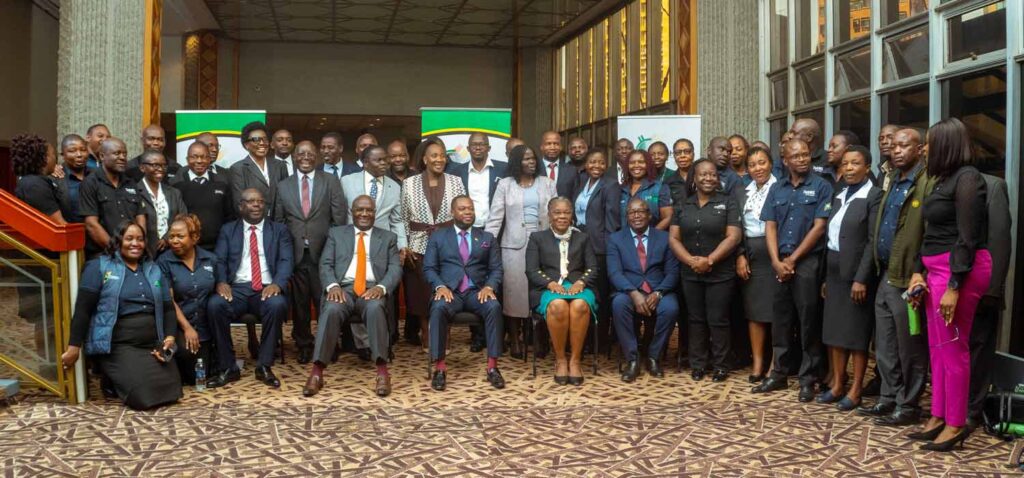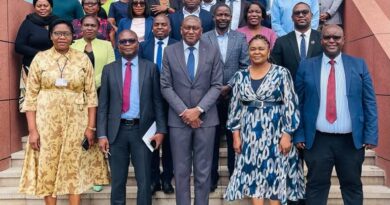Zimbabwe Rolls Out Modern Online Tax Platform
Zimbabwe has officially launched a new Tax and Revenue Management System (TaRMS), a milestone reform supported by the African Development Bank Group (AfDB), designed to modernise revenue collection and enhance transparency.
The system, unveiled in Harare on 18 August 2025 by Deputy Finance Minister Kudakwashe David Mnangagwa, marks the completion of a process that began in 2023. Developed under the $10.4 million Tax and Accountability Enhancement Project, TaRMS is expected to simplify procedures, reduce paperwork, and provide round-the-clock access to tax services.
The African Development Bank provided a $7 million grant to design and develop the online platform, while the Government of Zimbabwe financed hardware procurement. The project also included training, capacity building, and change management initiatives for both stakeholders and system users.
According to the Zimbabwe Revenue Authority (ZIMRA), revenue collected from new taxpayers rose by 238% in 2024 compared with 2023, the first full year following phased implementation of the system.
Deputy Minister Mnangagwa described TaRMS as “a bold step in Zimbabwe’s economic reform agenda”, emphasising its role in widening the tax base, improving efficiency, and strengthening the country’s foundation for sustainable growth.
ZIMRA Board Chairperson Anthony Mandiwanza hailed the reform as a nation-building tool:
“TaRMS is fundamentally a bridge between taxpayers and the Authority, cementing trust, transparency, and efficiency, while firmly aligning with Vision 2030,” he said.
Kelvin Banda, Officer-in-Charge of the AfDB’s Zimbabwe country office, underlined the broader significance for Africa.
“With dwindling donor support and limited access to external loans, domestic resource mobilisation is a crucial mechanism to address national development challenges. This launch is a landmark not only for Zimbabwe and ZIMRA, but also for the Bank’s efforts to strengthen public finance systems across Africa,” Banda said.
Across the continent, tax-to-GDP levels remain low compared with other regions, with more than half of African countries collecting less than 15%. The AfDB estimates that this ratio must rise to at least 27.2% to bridge the $402.2 billion annual financing gap required to meet the Sustainable Development Goals and Agenda 2063.
By closing revenue leakages, enhancing compliance, and making it easier for businesses and individuals to pay taxes, TaRMS is expected to play a central role in Zimbabwe’s economic reforms and long-term fiscal stability.



